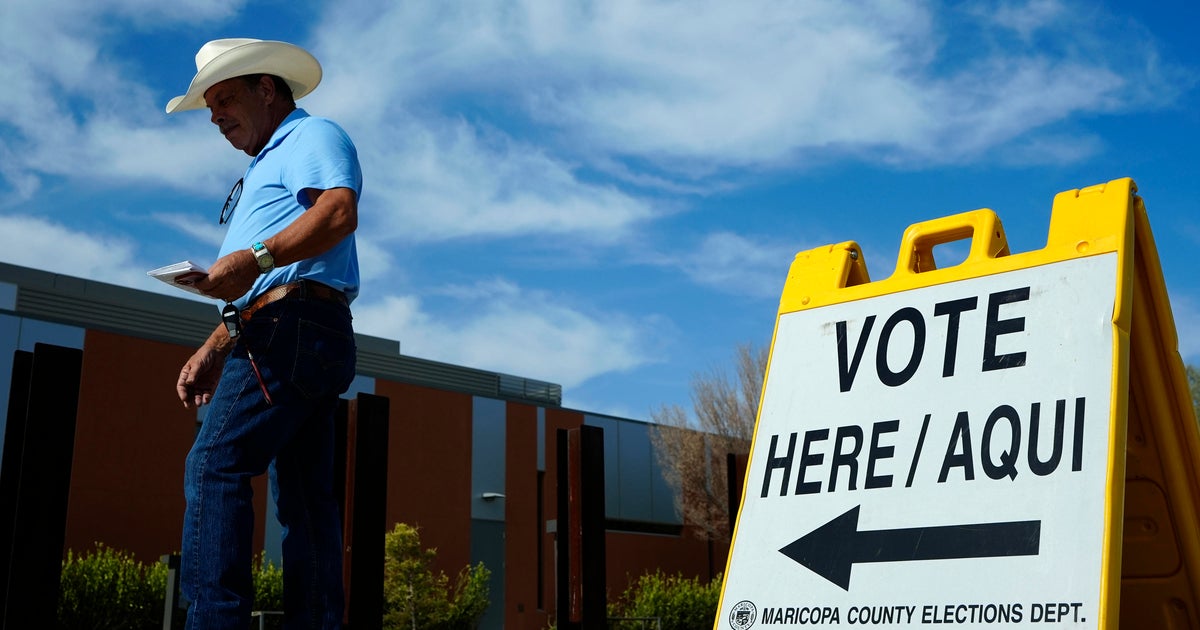Kare11
Minneapolis landmark with century-old legacy for sale

The building at 1000 Oliver Avenue North, once home to Mikro Kodesh synagogue and Disciples Ministry Church, could get a new buyer soon.
MINNEAPOLIS — In the Near North neighborhood of Minneapolis, the century-old building located at 1000 Oliver Avenue North evokes warm memories from people from all walks of life.
Built in 1926, the city-designated historic landmark is one of the more unique structures on the North Side. Towering over a residential neighborhood just a few blocks from Highway 55, this brick-and-stone gem totals more than 17,000 square feet, instantly recognizable by features such as the grand stairwell, arched entryway and elegant domes atop the roof.
Some know the building as Mikro Kodesh, the name of the synagogue that was located here from 1926 until the end of the 1960s and at one point was considered the largest Orthodox congregation in the Upper Midwest. Others know the building as the non-denominational Disciples Ministry Church, led by the late Pastor Paul Arnopoulos, who took over the space in 1980 and helped thousands of Twin Cities families here as a part of the church’s mission work until closing in 2012.
Now, after more than a decade of inactivity, Paul’s wife Jeanine Arnopoulos has placed 1000 Oliver Avenue North for sale.
Listing the property at more than $5 million, Arnopoulos hopes a new buyer can preserve the character of the historic landmark with the opportunity to develop several vacant lots around the structure.
She acknowledges the move is somewhat bittersweet.
“It’s kind of exciting, though, because it’s like a new chapter,” Arnopoulos said. “I am looking forward to the building being used again, and having people come in the building. I’m hoping a developer will have a vision to be able to work with the community.”
To this day, the building at 1000 Oliver Avenue North retains many of its original characteristics from Mikro Kodesh synagogue. The words Mikro Kodesh remain imprinted over the front entryway, accompanied by many Stars of David and Hebrew lettering on both the exterior and interior. These prominent features seem to have transcended time, serving as a reminder of the neighborhood’s bygone era.

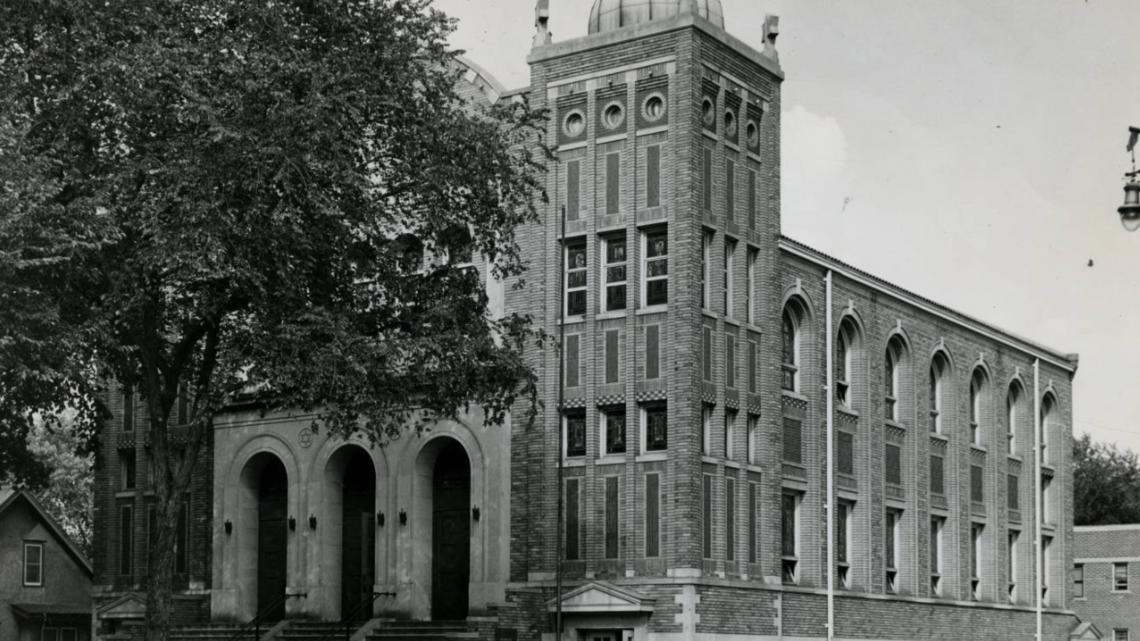
“Even though the Mikro Kodesh congregation no longer resides at the location,” the city wrote in its official profile of the historic landmark, “the building remains physical evidence of a once vibrant Jewish community in north Minneapolis.”
Mikro Kodesh was one of many synagogues located on the North Side during the first half of the 20th century, at a time when Minneapolis had earned an infamous reputation for anti-Semitism. Dubbed by the journalist Carey McWilliams in 1946 as the nation’s “capitol of anti-Semitism,” the city’s Jewish population faced significant housing and employment discrimination and could not hold certain jobs or apply to certain social clubs through most of the 1940s.
As one of the hubs for Jewish life in Minneapolis during this period, Mikro Kodesh served a large population of Eastern European immigrants, many of whom had fled persecution and violent anti-Semitic pogroms seeking a better life in the United States.
Bonnie Blumberg, whose father came to the U.S. from Russia, attended Mikro Kodesh as a child in the 1940s and 1950s.
“It was very important,” Blumberg said. “Although there were other synagogues, this particular synagogue was more open, it seemed, to everyone. And so many people congregated there for different events. It was just a very comfortable feeling.”
In June 1965, Rabbi Nahum Schulman — a longtime fixture at Mikro Kodesh — married Bonnie and her husband David Blumberg at the synagogue.
“I’d like to think that I was calm and relaxed, but pictures from that day would show otherwise,” David said with a laugh. “It was a fun day, all and all.”

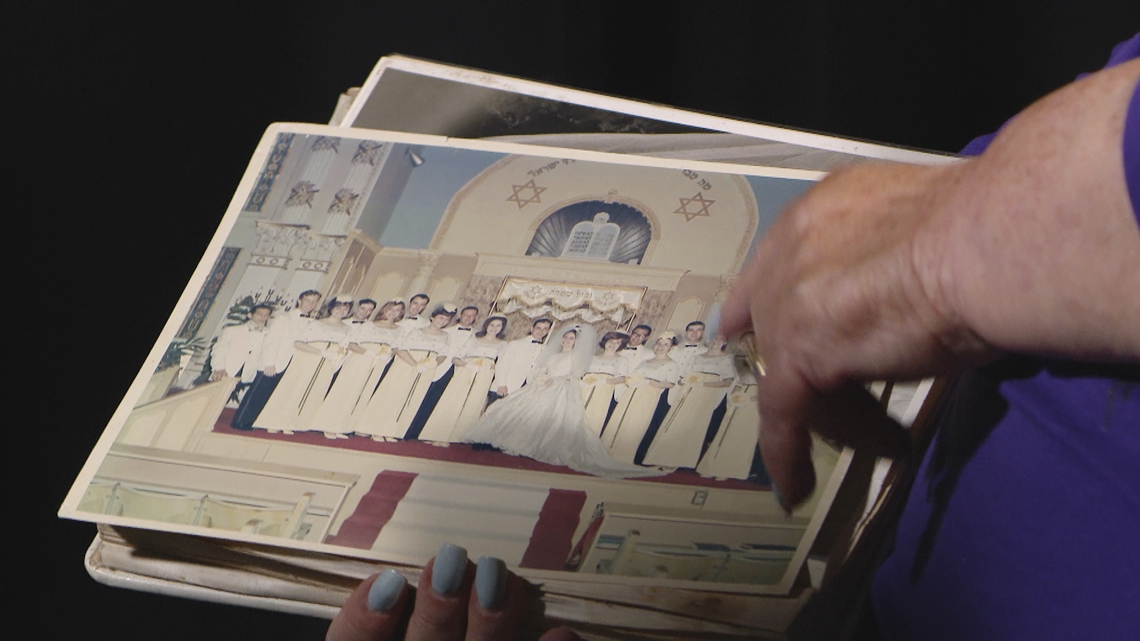
Bonnie and David’s wedding happened in the twilight of Mikro Kodesh’s time on the North Side.
By the end of the decade, as the city’s Jewish population began migrating out of the neighborhood, Mikro Kodesh merged with a synagogue in St. Louis Park and vacated Oliver Avenue North.
Just like that, the building went dark.
It remained that way for another decade — until a minister by the name of Pastor Paul Arnopoulos came along.
Sometime in 1979, Paul Arnopoulos — known affectionately as “Pastor Paul” — found himself cruising around north Minneapolis when a certain building on Oliver demanded his attention.
His wife Jeanine said her husband truly felt a calling.
“He was driving down Penn Avenue, and he happened to look over and see this beautiful building boarded up. And he was like, ‘That building is incredible,’ which it is. It is the best,” Jeanine said. “With the domes, the Lion of Judah on the front of the building, the Stars of David. It looks like a Jewish temple, there’s no doubt, you’re not wondering what kind of building that is. He saw the building and then he inquired.”

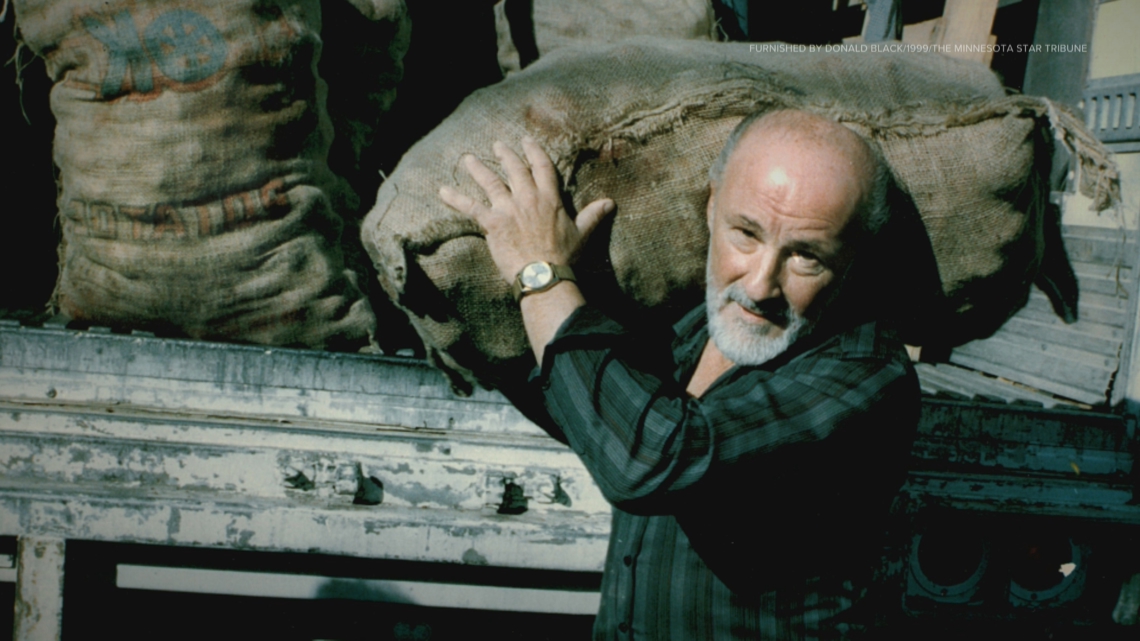
After months of renovations, Pastor Paul opened the non-denominational Disciples Ministry Church in 1980 and soon began his mission work in the same space. Although he preserved the legacy of Mikro Kodesh by keeping many of the Jewish symbols intact, Pastor Paul also recreated the space to his liking, such as by transforming the upper balcony of the sanctuary into a jobs training site for the community.
Over the next four decades, Pastor Paul and Jeanine served thousands upon thousands of Twin Cities families through his mission work, perhaps most notably through the church’s famous food giveaways. The church brought in so much food that it utilized a forklift to raise the goods from the basement onto the main floor.

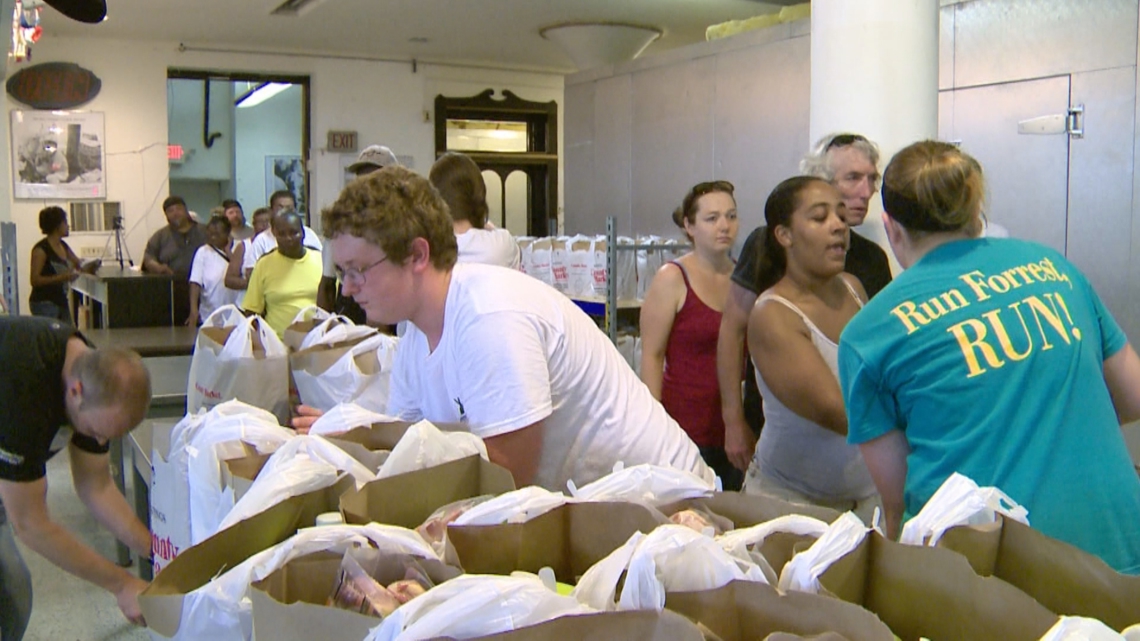
After a final food giveaway in 2012, though, the church closed for good.
“When we quit serving people in 2012, we had 11,000 households registered to receive groceries that had been in within two years, throughout the metro area. The building is very well known,” Jeanine said. “It was just a real blessing to be able to be involved in the food ministry, seeing thousands of people that came in and received food. It was just a real blessing and [Pastor Paul] was an incredible, incredible person.”
After closing the ministry, Paul and Jeanine began exploring ways to develop the property and vacant lots surrounding the 1000 Oliver Avenue building. Sadly, Pastor Paul passed away in 2020 from a heart attack, leaving the future of the building to Jeanine.
“So then I had to make a decision with the board: Should I continue to try to get this project off the ground, or sell the building?” Jeanine said. “We decided that it was really, really important to make sure the community was served by the building because it is like a north Minneapolis icon.”
Jeanine placed a “For Sale” sign on the front of the property and is now talking with potential buyers. The site on Oliver Avenue not only offers the opportunity to preserve a designated historic landmark, but it also boasts several surrounding lots that could be ripe for development. In all, the area spans nearly an acre at more than 42,000 square feet.
“I would like to see the building just being used for its intended purpose, to worship the Lord. And also to be community-minded,” Jeanine said, “so that everyone is welcome into the building.”
In recent years, many former North Siders from the Jewish community have had the opportunity to tour the old Mikro Kodesh site through an event known as “Doors Open Minneapolis.” Jeanine said she has cherished these interactions and has learned things about the building that she never knew.
Bonnie and David Blumberg participated in “Doors Open” last summer.
“You talk about nostalgia, and that’s the feeling I got when I was in there,” David Blumberg said. “But it wasn’t about all the years that had passed. It just kind of refreshed things.”

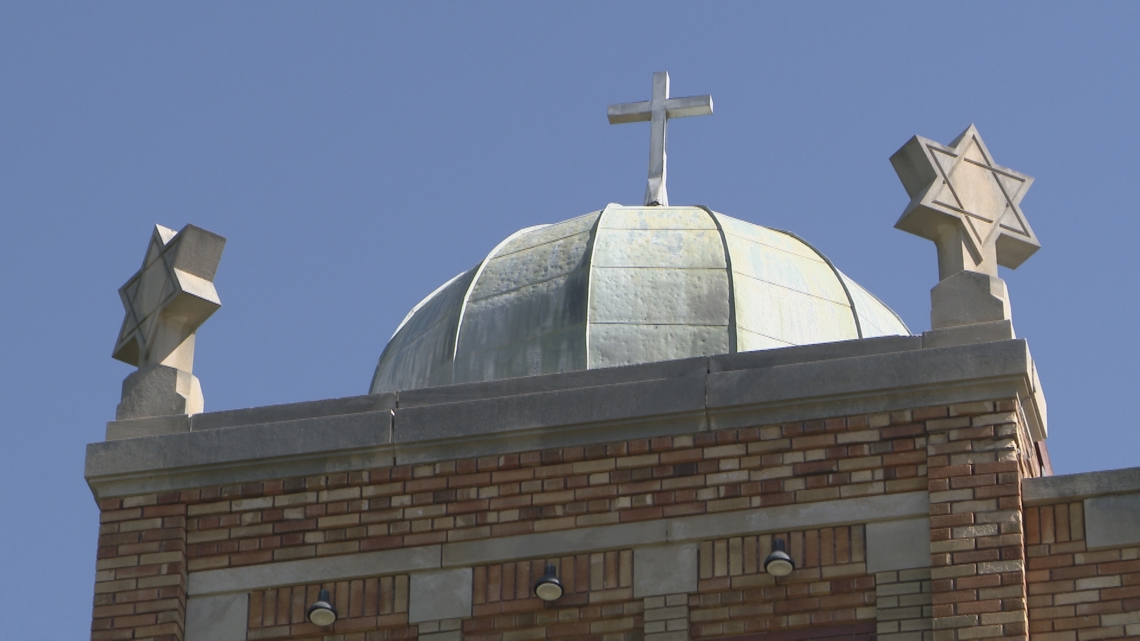
Bonnie praised Jeanine and Pastor Paul for preserving the building so well over the years.
“I didn’t see any changes, really,” Bonnie said. “It was kept to perfection.”
Moving forward, Bonnie said she’d also like to see the property at 1000 Oliver Avenue North remain a community hub.
“I’d like it to be something that people who live there now, would enjoy and use for something special,” Bonnie said. “It could be for anyone of any faith. Just open, and welcoming.”
Kare11
YMCA of the North announces layoff of 69 workers


MINNEAPOLIS — The YMCA of the North let go of dozens of workers as they seek to “be more sustainable.”
President and CEO of YMCA of the North Glen Gunderson said 59 full-time and 10 part-time workers are being laid off. Factors in making the decision include “participant trends, changing consumer behaviors, and rising expenses and inflation.”
“We are prioritizing and adjusting to meet the changing needs of our communities,” Gunderson said in a press release. “This includes a reduction in force across our organization, totaling approximately 1.8% of our full-time and part-time workforce. We value the contributions of team members being impacted and are providing them with transition support.”
Gunderson did not specify which locations the workers are being laid off from, or what their jobs were.
The YMCA of the North has 23 sites across the metro area, and more than a dozen camps.
Kare11
Ballots misprinted in Faribault County, flip parties for 23A race


The Republican on the ballot for the State Rep. District 23A race is mistakenly listed as a DFLer, while the DFLer is listed as a Republican.
FARIBAULT COUNTY, Minn. — Voters in Faribault County may have been confused to see candidates for State Representative in District 23A mistakenly listed as belonging to a different political party.
The error was acknowledged by the Minnesota Secretary of State Office Friday evening. In a press release, Secretary Steve Simon said the misprint is limited to ballots in Faribault County, and 17 ballots were “issued in error.”
On the ballot, Joe Staloch, a DFLer, is listed as a Republican. Incumbent Rep. Peggy Bennett, a Republican, is listed as a member of the DFL.
Secretary Simon said county officials will be “pursuing corrective action through the courts.” The corrective action will include instructions being sent to voters who received and returned an incorrect ballot to ensure their vote is counted correctly, he said.
“In every election, despite the best efforts of our hard-working county election officials, mistakes happen. Our office is thankful for the swift action of Faribault County officials after learning of the error and is committed to partnering with them where appropriate to ensure this mistake is remedied for all impacted voters as soon as possible,” Simon said in a press release.
Rep. Bennett expressed disappointment Friday, saying she is “already losing votes” due to the “blunder.”
“It is just disappointing that these ballots weren’t doubled checked for errors by the Secretary of State’s Office before being printed. Election integrity matters, and distributing inaccurate ballots to the county certainly undermines election integrity in our state,” she said in a press release.
Staloch said in a Facebook post that the error is “unfortunate” but it is “important to remain calm.”
“I’m proud to be a Democrat but, as I understand it, our founding fathers weren’t to keen on parties themselves. If I haven’t done enough or my opponent hasn’t done enough to get elected on our own merits without the benefit of a D or an R next to our names then WE have failed you not someone sitting at a desk at a print shop in St. Paul,” he said in the social media post.
The error is limited to Faribault County, according to the Minnesota Secretary of State Office. Ballots in Freeborn, Steele, and Waseca counties are not impacted.
Kare11
Voters to decide if MN Lottery will keep funding green causes


Renewing the Environment and Natural Resources Trust Fund requires voting yes on a statewide constitutional amendment.
MINNEAPOLIS — If you’ve ever played a Minnesota Lottery game or watched a commercial, chances are you know that a portion of the proceeds are invested back into Minnesota’s environment and natural resources.
You might not realize that the constitutional amendment that made that funding possible is up for renewal, and anything short of a yes vote could put future environmental and outdoor projects in jeopardy.
In 1988, Minnesota voters first approved a constitutional amendment that dedicated a portion of lottery proceeds to the Environment and Natural Resources Trust Fund. Each year since, the Legislative-Citizen Commission on Minnesota Resources (LCCMR) has worked to help disperse that funding.
“In the last 36 years we’ve provided about $1.1 billion of funding to 1,700 projects all over the state, so literally we have provided support within every county of the state,” said Becca Nash, director of the LCCMR.
Those projects have included research on drinking water, wastewater, and air quality to name just a few. They have also helped fund new parks, trails and campsites; supported loon and bison populations; and fostered outdoor activities in many different ways.
Nash: “Whether it’s research to help protect our waters from invasive species, getting kids out on canoes to explore the boundary waters or creating parks and trails, however people experience the outdoors and nature, we’re providing funding to support that.”
Erdahl: “We’re standing on a fishing pier, which have received a lot of support in the last few years, right?”
Nash: “Absolutely, we’ve been providing funding for the Department of Natural Resources and local communities to create and maintain fishing piers and make fishing and experiencing the outdoors more accessible to everyone.”
While the legislature and governor have final say on spending, Nash said the commission has worked hard to earn their trust through its vetting of proposals and continued oversight after projects are awarded.
“I think in our 36-year history there has maybe been 100 projects out of 1,700 that have been adjusted in some way by the legislature,” she said.
With that track record, it’s no big surprise that the constitutional amendment has overwhelming, bipartisan support.
“I haven’t heard of any opposition to it,” said Representative Athena Hollins, who authored the amendment and is a member of the LCCMR.
Though amendment one certainly isn’t controversial, Hollins said voting ‘yes’ is still critical.
“That’s the most important thing that I have been trying to tell everyone about,” she said. “Because it’s a constitutional amendment provision, if you decided to skip it or you feel like maybe you don’t understand, well-enough, what it’s about, then that counts as a ‘no’ vote.”
If the amendment fails, all that money would go into the state’s general fund instead, and while the legislature could still decide to spend it on our natural resources, Hollins said she’d rather put her trust in the trust fund.
“When it really comes down to it everyone agrees that our natural resources are important,” she said. “And so making sure that there is this continued source of funding for the next 25 years, is really essential.”



